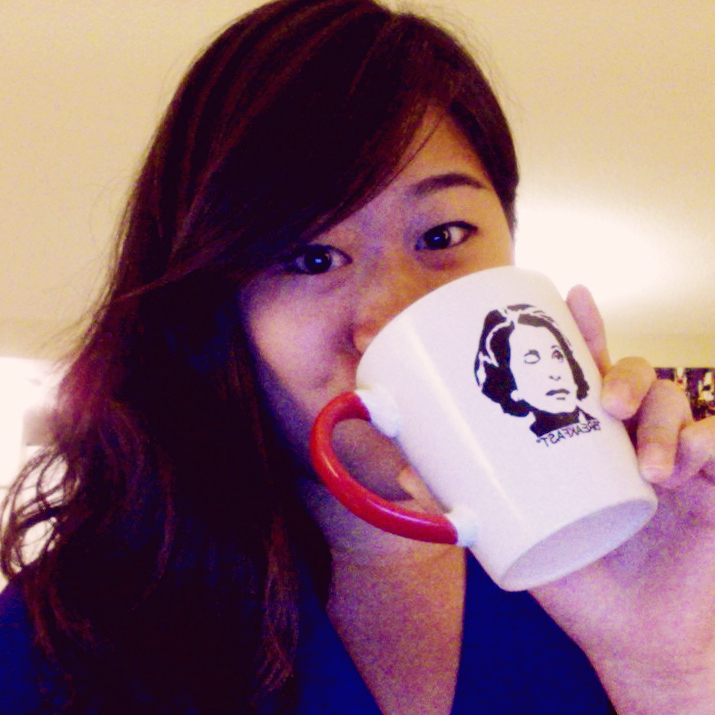On casual racism
I’m studying in the student center with two people for a plant quiz (I’m referring to my biology class called Plant-People Interactions which I tweet about a lot). One of the topics for this quiz is alcohol - beverages made from fungi to be specific - and that means we cover the plants and processes that result in wine, beer, distilled liquors, etc. When we start reviewing the section on sake, this guy turns to me and says “this is all you!”
Neither me nor my friend initially says anything. I’m honestly just trying to process what I just heard. This guy assumes I’m Japanese and he just assumes that means I know all about sake. A thousand options run through my head. Ignore it, sweep it under the rug, laugh it off, take the higher road. Call him out, acknowledge it, tell him that’s offensive, make the situation uncomfortable, become the person who makes it all about race. I remember this quote from an article on The Toast about casual racism: “I am the only one who can make sure that everybody keeps having a good time.”
they don't "mean" it, but i'm learning to not let those kinds of comments slide even if it makes social situations uncomfortable
— Nicole Zhu (@nicolelzhu) February 17, 2016
This is the thing with microaggressions. I honestly don’t believe this guy intended to be offensive. That’s the very definition of ignorance - people don’t mean it. But why should their good intentions prevent them from learning from their mistakes? If no one ever points out “hey, that’s offensive” and instead just brushes it off and the conversation moves on, there’s a missed learning opportunity. It sucks that for us, taking the “higher road” means being silent and just ignoring it, because that’s what keeps everyone else at the table comfortable. The burden of acknowledgement is on the part of those being offended. If I call this guy out, somehow I am the one who makes this interaction tense.
But I think about the social dynamics at play here. It’s not like that time I just laughed awkwardly when my English professor confused me with the only other Asian (and non-white) girl in the class and it took her two minutes to realize her mistake. I don’t really even know this guy. We’re just in this plant class together and have a mutual friend. He’s the one who acted overfamiliar and outright rude, why should I feel weird or guilty about speaking up?
I turn to him and say, “First of all, I’m Chinese. And even if I was Japanese, that’s still not okay.”
My friend now jumps in and agrees. I can’t remember if this guy even apologizes but I don’t even care. I’m glad that he’s the silent one for once because I hope he’s thinking about the impact of his words. I’m glad that he’s the uncomfortable one because WELCOME TO A DAY IN THE LIFE OF A MINORITY. I think at universities, because people are usually pretty intelligent and know what is and isn’t politically correct, calling attention to these microaggressions when they happen is especially challenging. You’re not just making them uncomfortable, but you’re also forcing them to confront the biases they know to be wrong and subliminally internalize.
It can be annoying that we have to be the educators, the ones to point it out, the people to break the silence before anyone else joins in our defense. It’s not an easy thing, making your friends or peers uncomfortable, but I find that ignoring it only makes me feel worse. Rather than feeling guilty for hours or days after for not saying anything, I’m proud that I spoke up. If someone is going to make me feel uncomfortable, I’m sure as hell going to make sure that they feel it too.
